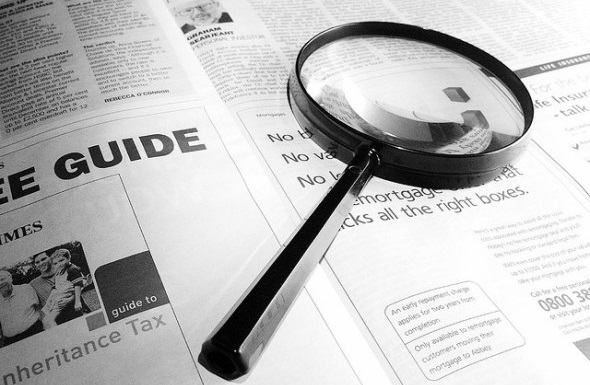Credit makes the world go ‘round. Good credit makes borrowing money less expensive and that opens to door to all sorts of perks. On the other hand poor credit may not close doors but it certainly makes them a lot more expensive to open. Keeping your credit nose clean, metaphorically speaking is all you need to do. If only it were that simple!
Alas, life and credit reports are not that simple. According to the Consumer Financial Protection Bureau your credit report contains information about your credit history as well as the status of your credit accounts. Credit reports also contain a great deal of detail about how much credit you have available to you and how much you are currently using. Your credit report also shows your payment history, how and when you pay your bills and public records such as liens, judgments and bankruptcies.
Fair enough you say, my record is my record and while it may not be perfect I do my best. For many people their record is not their record it may be someone else’s in part or contain outright mistakes and that is where the real problems begin.
How Many Mistakes Can There Be?
In February 2013 the Federal Trade Commission issued a study that showed that 1 in 5 people had an error in their credit report. That’s 20%! Five percent of credit reports contained errors that were significant enough to result in the consumer paying higher interest rates for loans, mortgages and credit cards.
The FTC study also found:
- 1 in 4 Consumers found errors that might affect their credit scores
- 1 in 5 Consumers had an error that was corrected by a credit reporting agency after it was disputed
- 4 out of 5 consumers who filed disputes experienced some modification to their credit report
- Slightly more than 1 in 10 consumers saw a change in their credit score after the CRAs modified errors on their credit report
- Approximately 1 in 20 consumers had a maximum score change of more than 25 points and only one in 250 consumers had a maximum score change of more than 100 points.
Credit Report Vs Credit Score
If your credit score is like your report card than your credit score is like your class rank and the higher your class rank the more rewards you receive. But what exactly is a credit score? The New York City Department of Consumer Affairs defines your credit score as:
A credit score is a number assigned by credit reporting companies based on information available on your credit report. Like a test score, the higher the score, the better your credit.
Not That Simple
Credit scores are not quite as straight forward as they sound. They are derived from complicated algorithms that use a variety of factors in their calculations. If credit scores began and ended with the same calculations there might not be a problem, unfortunately that is not the case.
The three major credit reporting agencies, Equifax, Experian and Trans Union each use their own proprietary algorithms and it doesn’t end there banks and lenders often generate their own credit scores based on one or all of the credit reporting agencies reports plus their own information. The result can be a swing of 20 – 50 points in your credit score from one lender to another which can translate to significant differences in what it costs you to borrow money.
Covering Your Assets
At the end of the day when it comes to credit you have two basic choices, live off the grid and pay cash for everything or become your own personal consumer credit advocate. Monitor your credit reports annually. You are entitled by law to receive a free copy of your credit report from each of the three national credit report agencies and can do so online.
Review your reports and dispute anything that you feel is being reported erroneously. You are also entitle to receive a free copy of your credit report any time you are turned down for credit based on a credit reporting agency report.
Credit Score Not Included
Your credit reports do not include your credit scores and credit reporting agencies charge a fee for your score. When it comes to credit scores it is important to remember that the one that counts is the one that your lender will use in determining your credit worthiness so while having a benchmark score from one or more of the CRAs is helpful you will have to ask your lender what score they are using to rate your credit and how they arrived at that number.
Photo Credit: Jan Krömer
